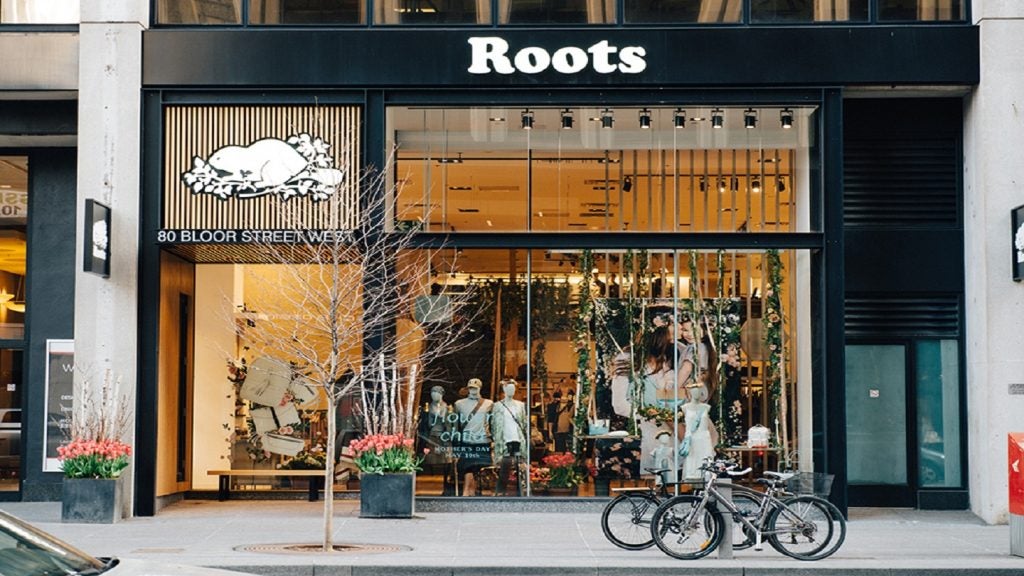Lifestyle brand Roots has reported total net sales of C$49.4m ($36.40m) in the second quarter (Q2) of fiscal year (FY) 2023, up 3.4% from C$47.8m ($35.22m) in the same period in FY22.
Direct-to-customers (DTC) sales, which include corporate retail store and e-commerce sales, declined by 3.5% to C$37.1m over the period. Meanwhile, DTC's gross margin was 62.7% in Q2 FY23 against 64.0% in Q2 2022.
The retailer’s gross profit for the quarter ending 29 July 2023 was C$27.4m, a 3.2% year-over-year decline compared with C$28.3m in the prior year's quarter.
Its gross margin for the period decreased to 55.5% in Q2 2023 from 59.3% in Q2 2022.
Driven by higher store labour costs and other factors, Roots' selling, general and administrative (SG&A) expenses also increased by 5.6% to C$32.3m in Q2 2023 against C$30.6m a year ago.
The retailer’s net loss was C$5.3m in Q2 FY23, compared to C$3.2m in Q2 FY22.
Its net loss per share was C$0.13 in the quarter against C$0.08 a year ago.
In the year to date, Roots generated total sales of C$90.9m and DTC sales fell 4.4% to C$72.5m.
Gross profit for the six-month period was C$51.9m and its net loss was C$13.3m.
Roots chief financial officer Leon Wu said: "We have made substantial progress towards improving our inventory position, which increased 2.0% year-over-year compared to 29% at the end of Q1 2023.
"Despite the competitive promotional environment, we have remained disciplined on our discounting while executing our inventory management strategies to minimise the impact on gross margin. By leveraging our pack-and-hold collections and tightening orders, we remain on track to right-size inventory by the end of the year."















